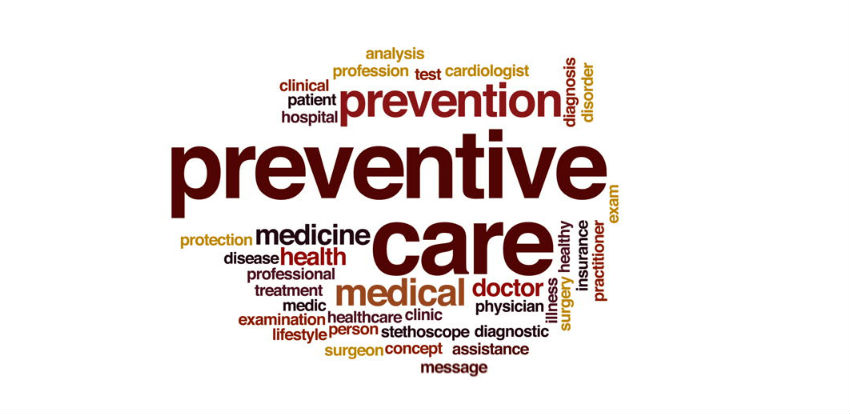Care for ages from birth through end of life
Inpatient care for newborn babies or pediatric patients (children)
Coordination of care with providers at Dixie Regional Medical Center for care after discharge
from hospital stay
Most immunizations
Pediatric Well Child Care
Adult Wellness Exams
Medicare Annual Wellness Visits
Acute Care Visits for sickness or injury
Laceration Repair
Minor office procedures:
Removal of small skin lesions/cysts
Destruction or skin precancerous lesions
Hormone pellet insertion
Endometrial biopsy
IUD insertion
Ear wax removal
Joint injection/aspiration
Evaluation of orthopedic problems and injury
Treat Diabetes
Treat Hypertension
Treat Hypercholesterolemia,
Treat COPD
Treat Asthma
Other chronic health conditions
Coordination of care with specialists
Chronic Care Management services for patients to reduce hospitalizations and encourage wellness
 If you haven’t heard this phrase yet, you most likely will. This is an area that has a big focus on energy and time in healthcare today. Honestly, it probably should have always been and not that we didn’t but not with the intensity of what we should have been. So, what is medication reconciliation?
If you haven’t heard this phrase yet, you most likely will. This is an area that has a big focus on energy and time in healthcare today. Honestly, it probably should have always been and not that we didn’t but not with the intensity of what we should have been. So, what is medication reconciliation?
 “Distress is Bad. Eustress is Good.” Timothy Ferriss
Distress refers to harmful stimuli that make you weaker, less confident, and less able. Eu-, Greek prefix for “healthy”. We all have stress in our lives. The degree of stress you are under, the type of stress, the duration of the stress and how you are coping with the stress will determine if you are physically affected. Any stress that becomes overwhelming, whether one considers it good stress or bad stress can cause harm if going on too long.
“Distress is Bad. Eustress is Good.” Timothy Ferriss
Distress refers to harmful stimuli that make you weaker, less confident, and less able. Eu-, Greek prefix for “healthy”. We all have stress in our lives. The degree of stress you are under, the type of stress, the duration of the stress and how you are coping with the stress will determine if you are physically affected. Any stress that becomes overwhelming, whether one considers it good stress or bad stress can cause harm if going on too long.



